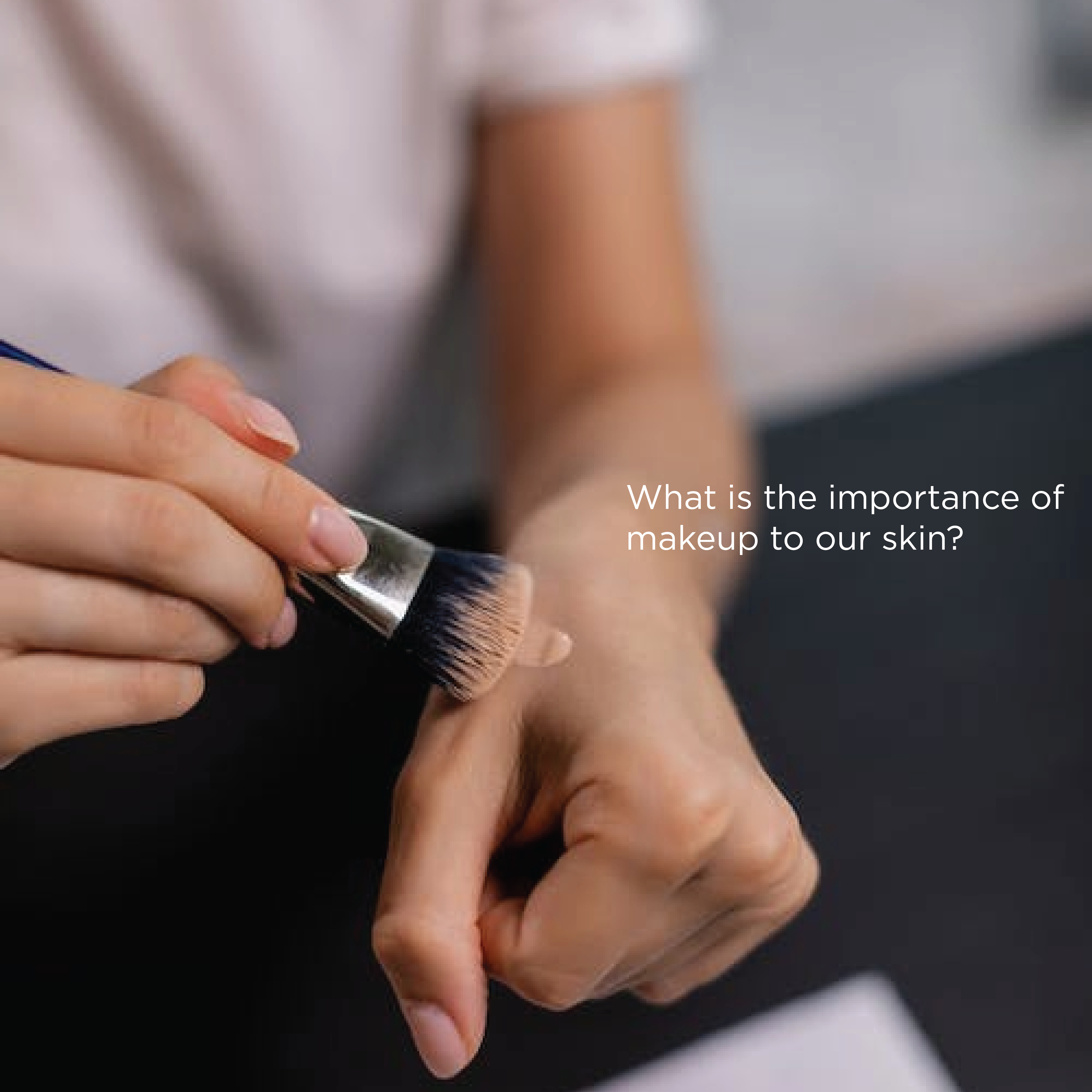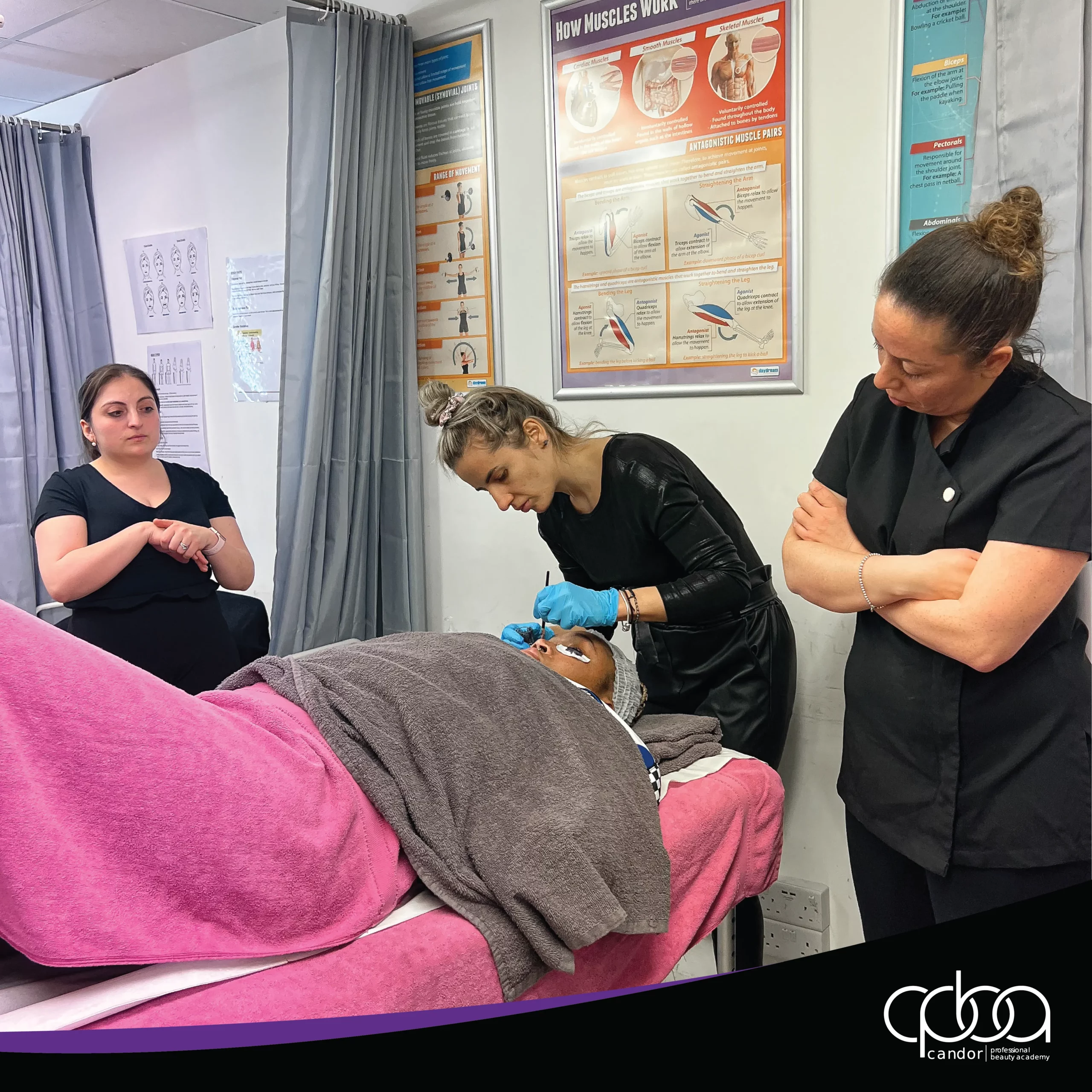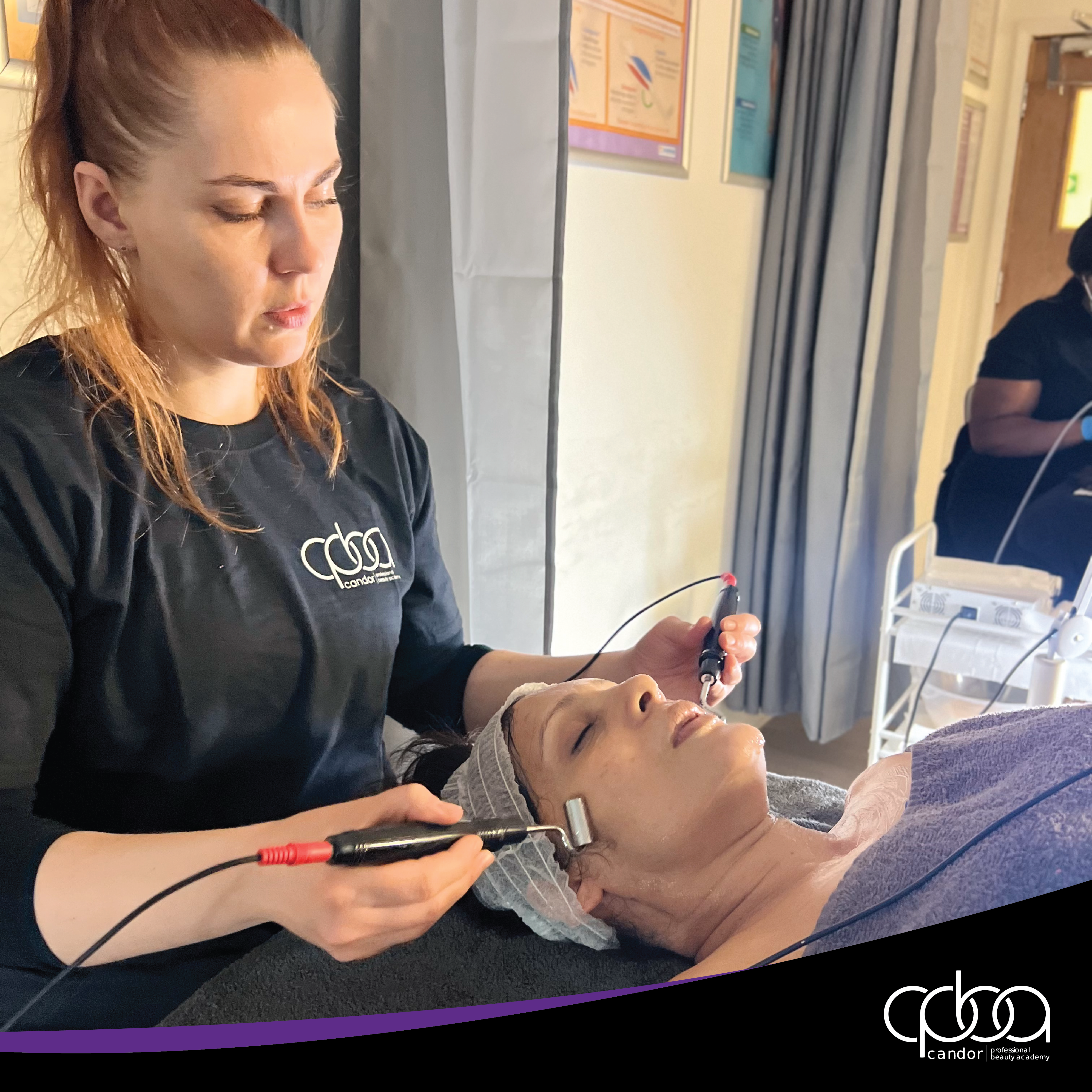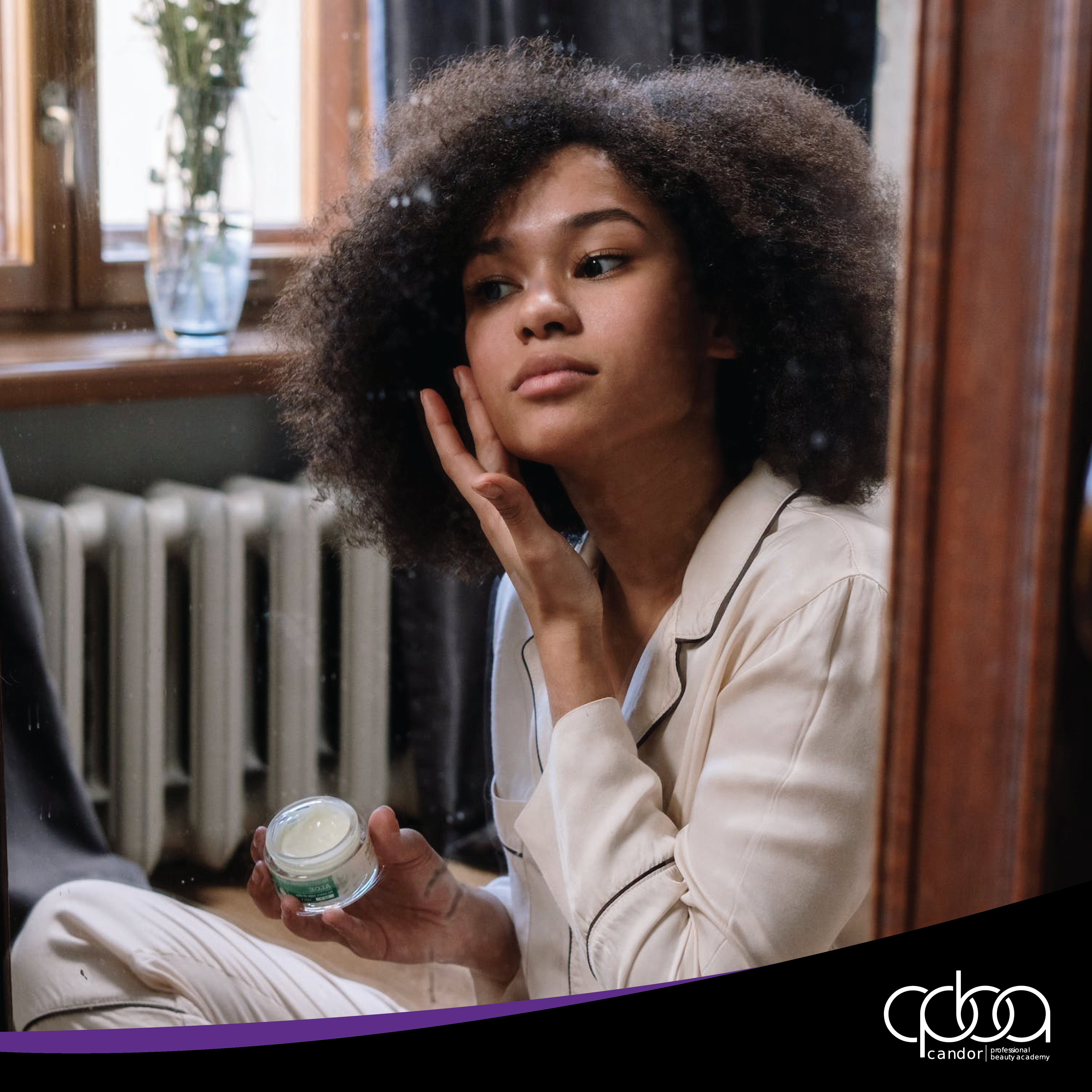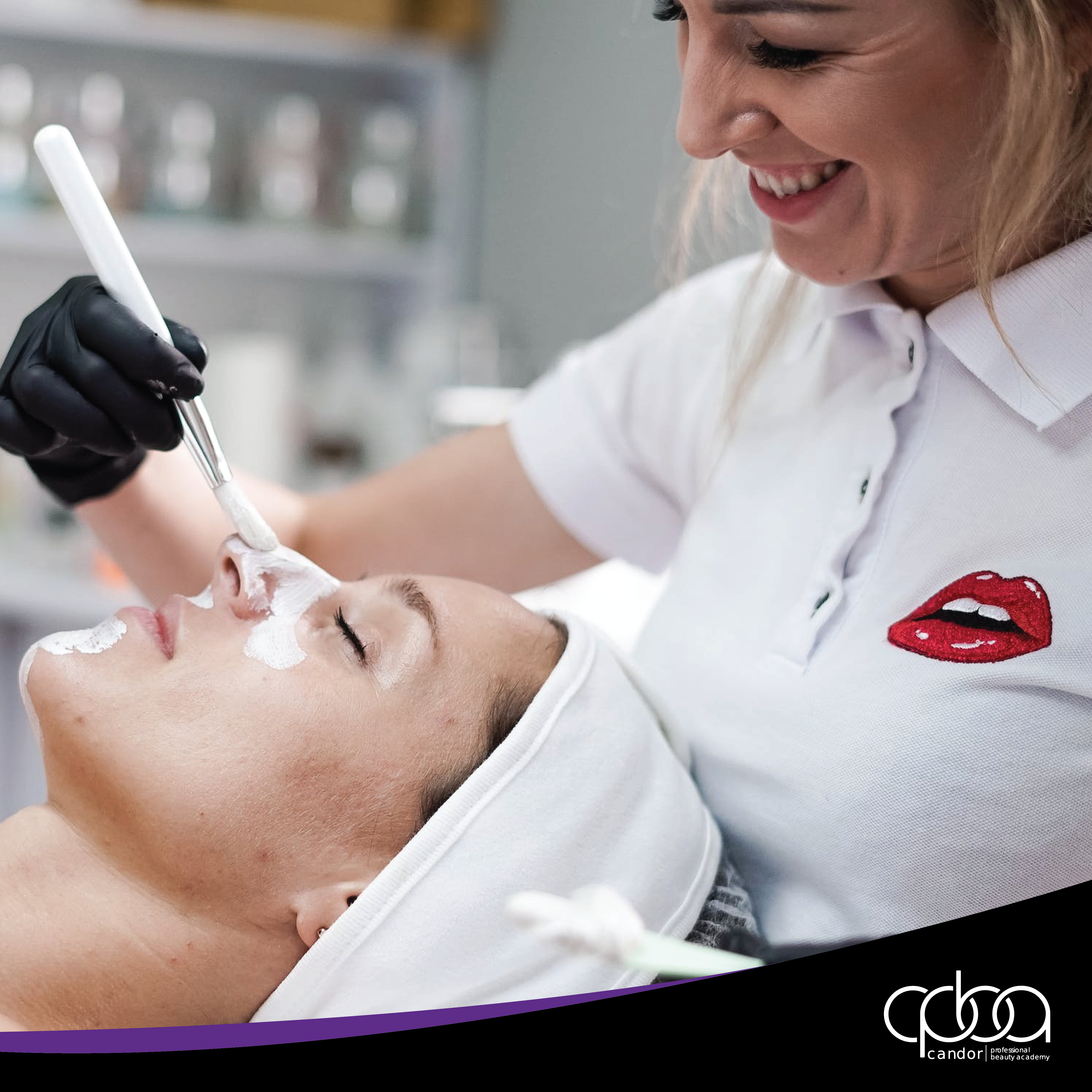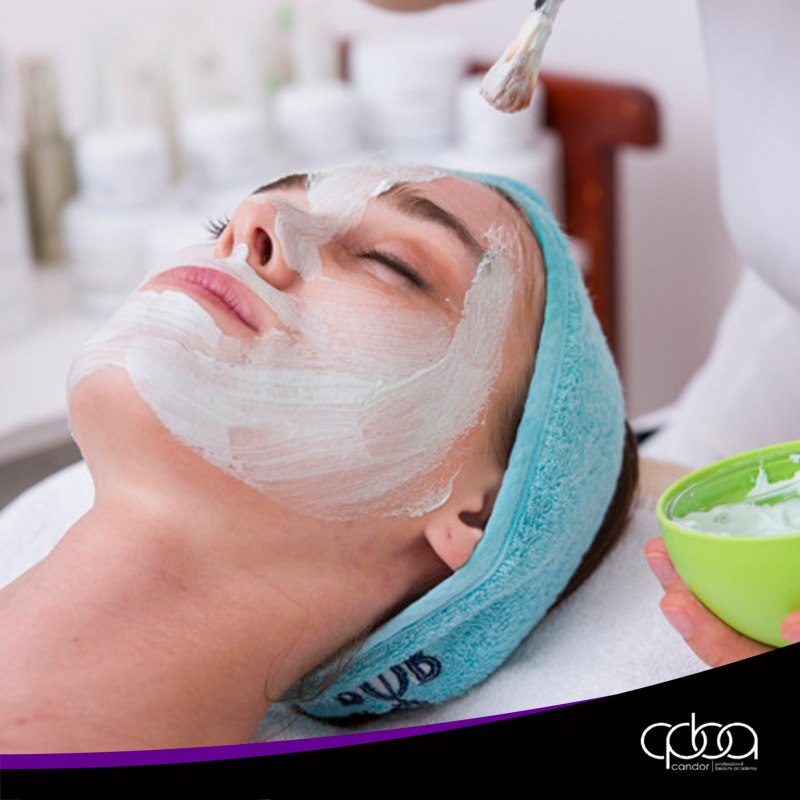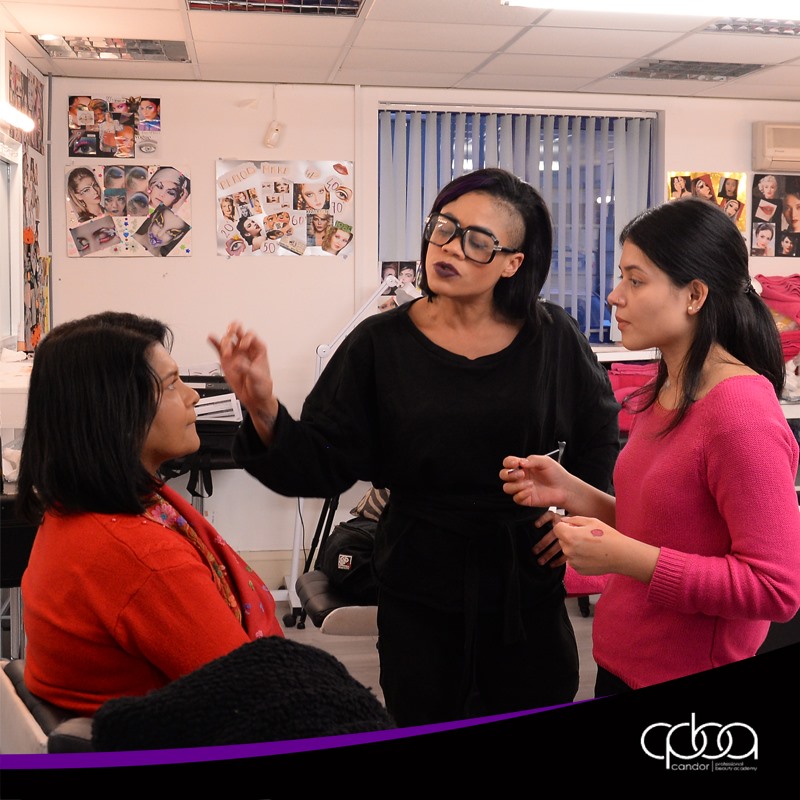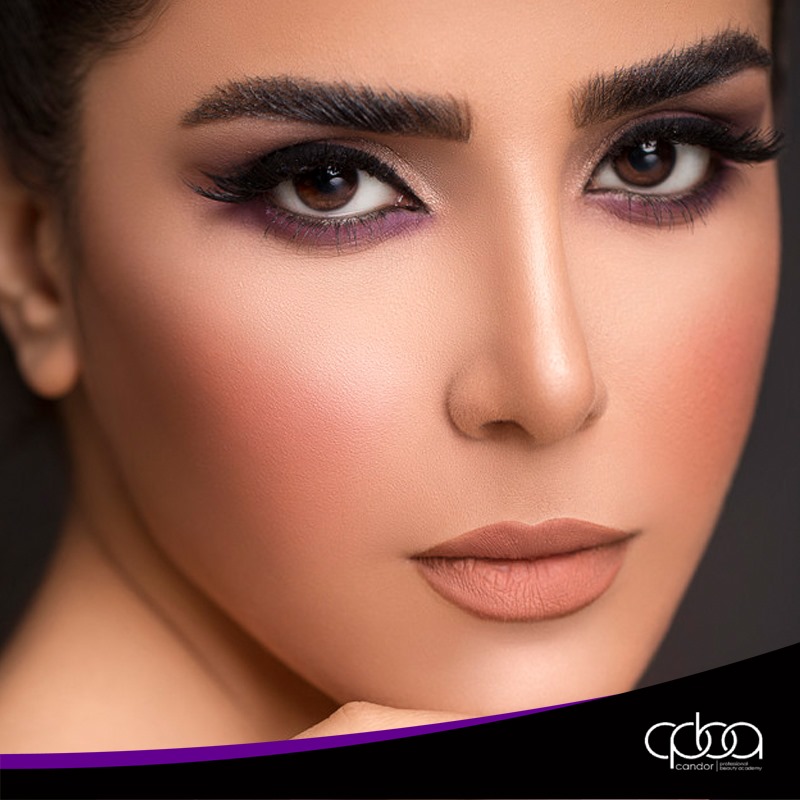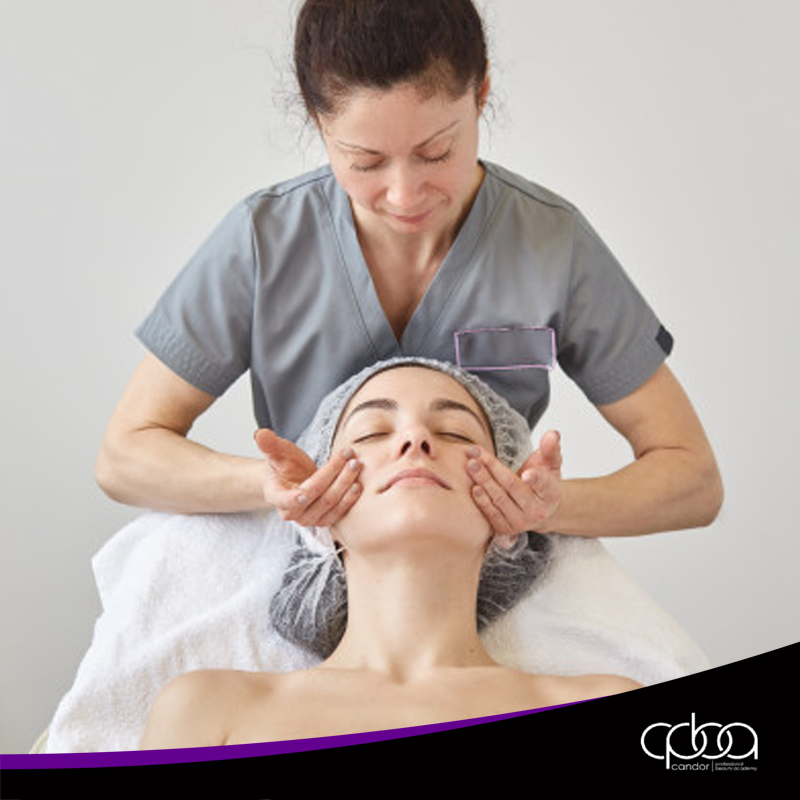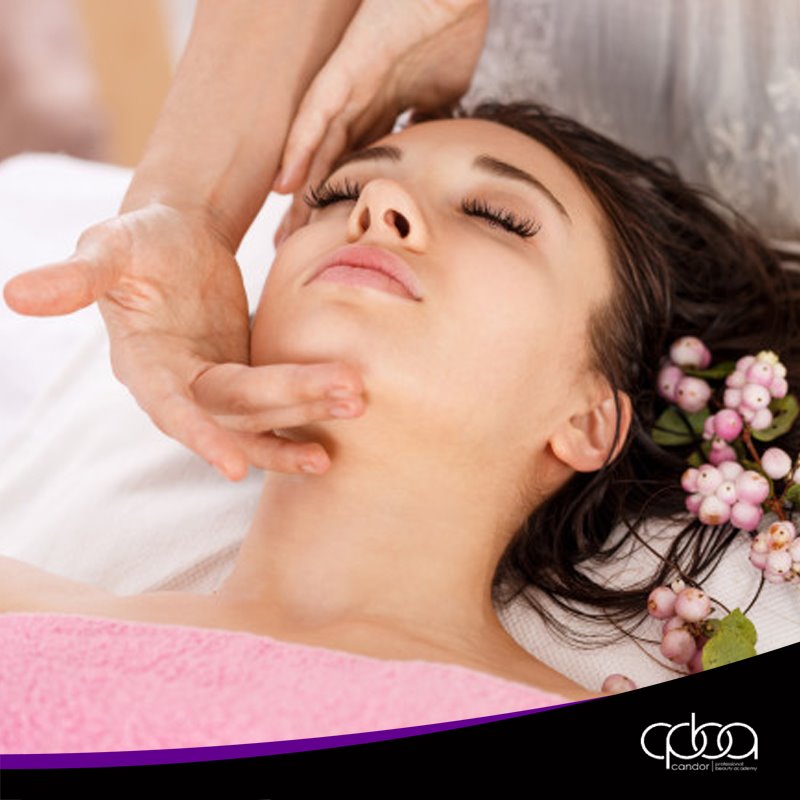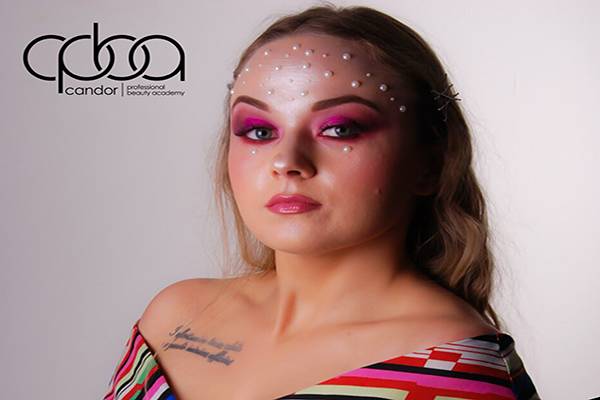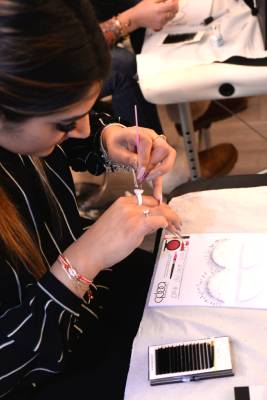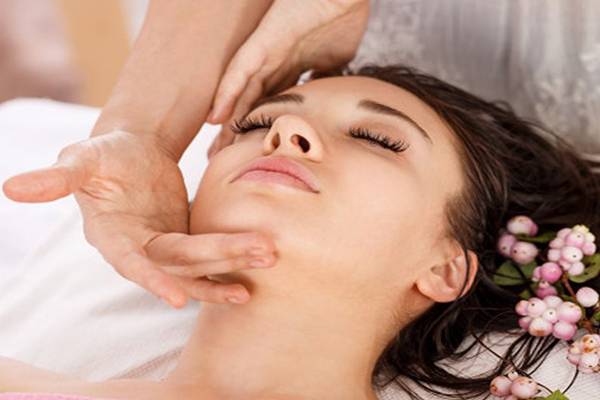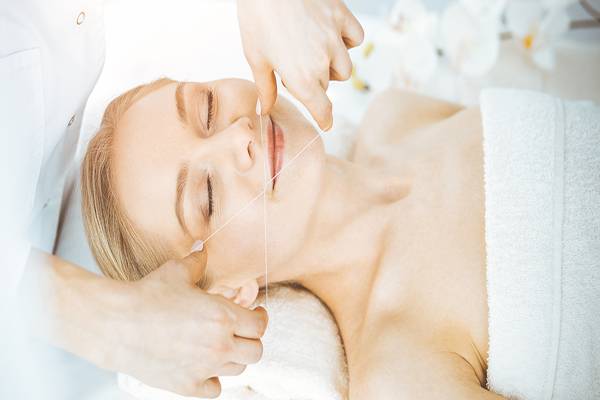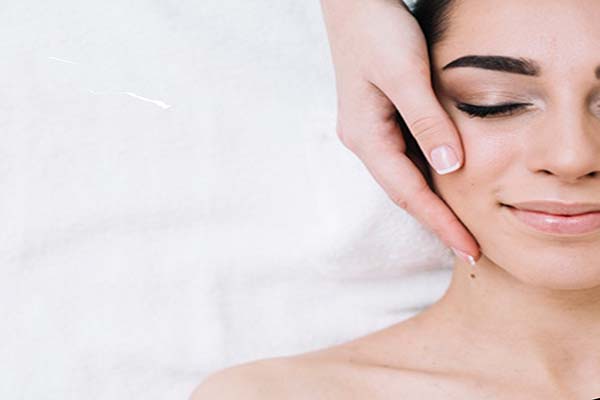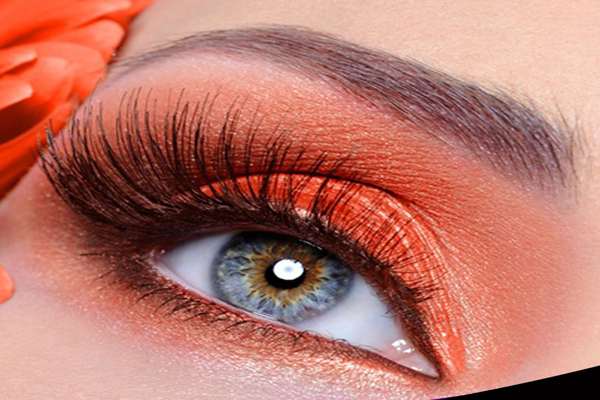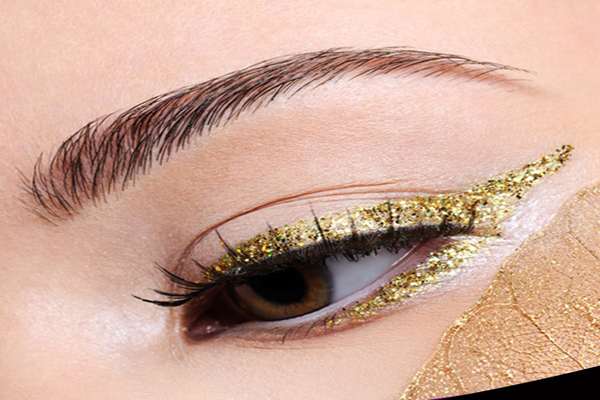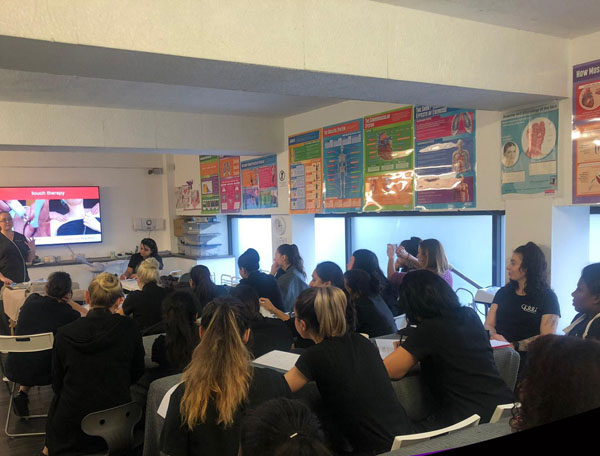Makeup can have both positive and negative effects on our skin, depending on how it’s applied and the products used. Here are some important considerations regarding makeup and its impact on the skin:
Enhancement of Appearance:
Makeup can help enhance your appearance by concealing imperfections, evening out skin tone, and accentuating your features. It can boost self-confidence and improve one’s self-esteem.
Protection from UV Rays:
Some makeup products, like foundations and moisturizers, contain SPF (Sun Protection Factor) to shield your skin from harmful UV rays. This can help prevent sunburn and reduce the risk of skin cancer.
Hydration:
Certain makeup products, such as tinted moisturizers, can provide hydration to the skin, preventing it from drying out. Well-moisturized skin tends to look healthier and more radiant.
Camouflaging Blemishes:
Makeup can effectively conceal blemishes, acne scars, redness, and other skin imperfections, helping people feel more comfortable and confident in their appearance.
Creative Expression:
Makeup is a form of artistic expression for many people. It allows individuals to experiment with different looks and styles, fostering creativity and self-expression.
However, it’s crucial to be aware of the potential downsides and take steps to mitigate them:
Clogging Pores:
Some makeup products, especially heavy or oil-based ones, can clog pores, leading to acne breakouts or exacerbating existing skin issues. Choosing non-comedogenic (non-pore-clogging) makeup can help reduce this risk.
Allergic Reactions:
Certain makeup ingredients may trigger allergic reactions in sensitive individuals. Always test new products on a small patch of skin before applying them to your face.
Aging and Irritation:
Overuse of makeup or not properly removing it at the end of the day can lead to premature aging of the skin and irritation. It’s essential to establish a good skincare routine that includes makeup removal.
Infection Risk: Sharing makeup or using expired products can introduce bacteria to your skin, increasing the risk of infections. It’s important to keep your makeup tools and products clean and replace them as needed.
Skin Conditions:
People with certain skin conditions like eczema or rosacea need to be cautious when using makeup. Some products may exacerbate these conditions, so consulting a dermatologist is advisable.
In summary, makeup can play a positive role in enhancing one’s appearance and providing protection and hydration to the skin. However, it’s essential to choose quality products, practice good skincare habits, and be mindful of how makeup may affect your skin, especially if you have specific skin concerns or sensitivities.
